Motion and Stability: Forces and Interactions
-
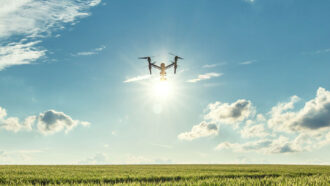 Tech
TechA tool as small as a human cell can scan for contaminants and more
Tiny spectrometers might someday show up on smart devices. They could help people scan for ingredients or contaminants in foods and other materials.
-
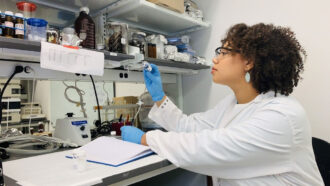 Environment
EnvironmentThis chemist uses online videos to teach about the perils of microplastics
Imari Walker says her journey as a scientist and science communicator lets her talk about and advocate for her passion.
-
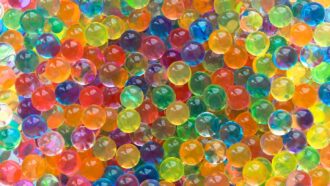 Chemistry
ChemistryExplainer: What is a hydrogel?
These unusual materials have a host of unusual properties. You can even make a starch-infused version in your kitchen.
-
 Environment
Environment‘Forever’ chemicals show up in students’ school uniforms
Researchers found PFAS “forever chemicals” in kids’ school uniforms and other clothing. Studies have linked these compounds to health risks.
-
 Tech
TechA shape-shifting robotic tooth-cleaner might one day brush for you
A swarm of billions of magnetic, bacteria-killing nanoparticles can be shaped into bristles to fit any surface, including between teeth.
-
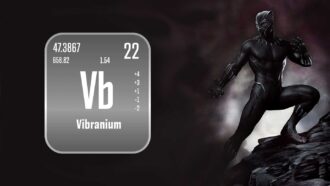 Chemistry
ChemistryCould we make vibranium?
The ‘perfect’ metal may belong to the fictitious Marvel world of Wakanda, but scientists hope to one day mimic some of its key traits.
By Anil Oza -
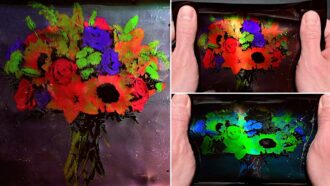 Materials Science
Materials ScienceThese fabrics change color as they stretch
Stretchy, color-shifting cloth may lead to new art, fashions and sensors. A century-old Nobel-prize-winning invention served as its inspiration.
-
 Earth
EarthScientists Say: Pole
A pole is either of two opposite ends of a molecule, magnet, battery, planet or other object.
-
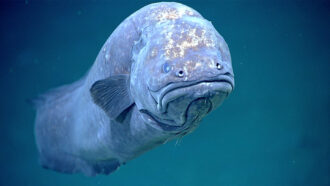 Animals
AnimalsSea creatures’ fishy scent protects them from deep-sea high pressures
TMAO’s water-wrangling ability protects a critter’s critical proteins — including muscle — from crushing under deep ocean pressures.
-
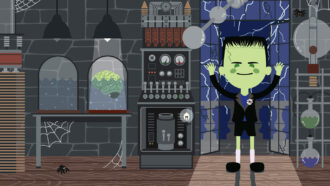 Life
LifeLet’s learn about modern Frankensteins
Modern scientists are creating strange new combinations of living tissue and trying to give dead things new life.
-
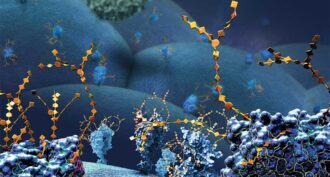 Chemistry
ChemistryLego-like way to snap molecules together wins 2022 chemistry Nobel
This so-called ‘click chemistry’ allows scientists to build complex molecules in the lab and in living cells.
By Meghan Rosen and Nikk Ogasa -
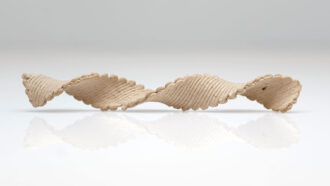 Tech
TechNo trees were harmed to 3-D print this piece of wood
How clever! Scientists used print-speed adjustments to control how flat, 3-D printed shapes morph into complex wooden objects.